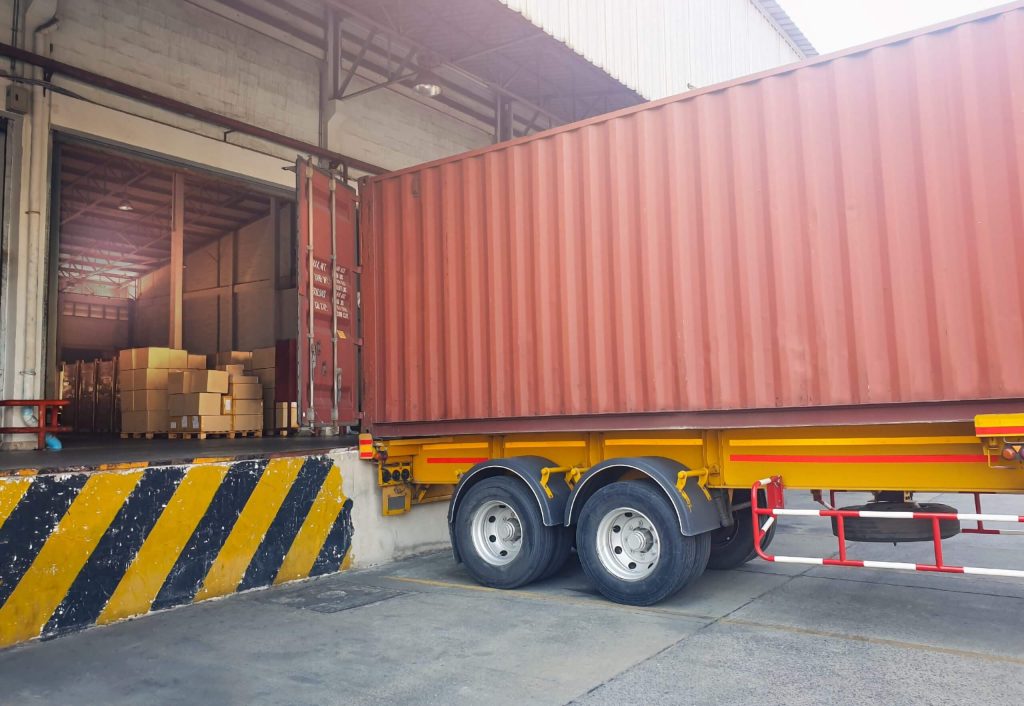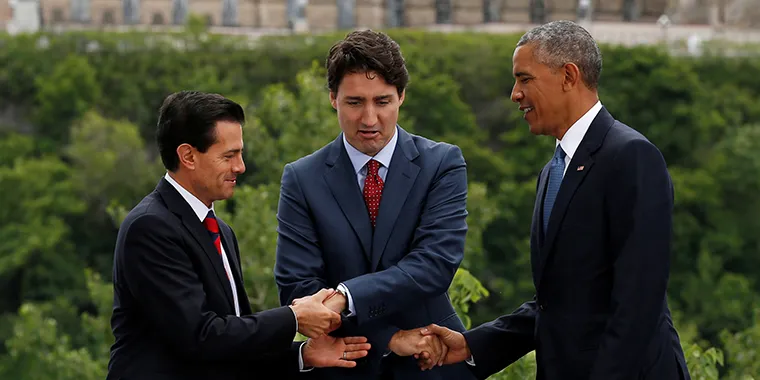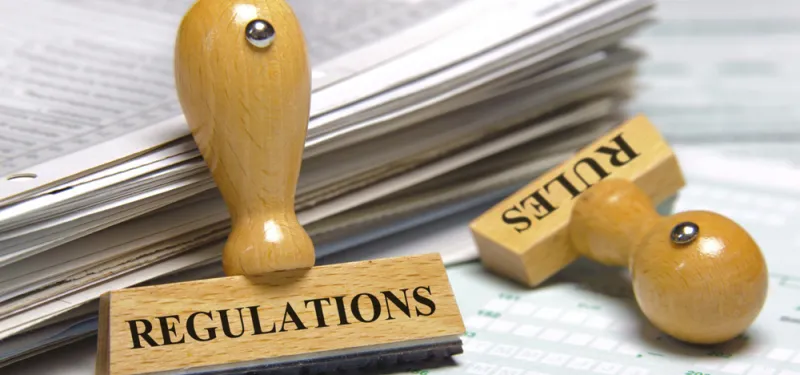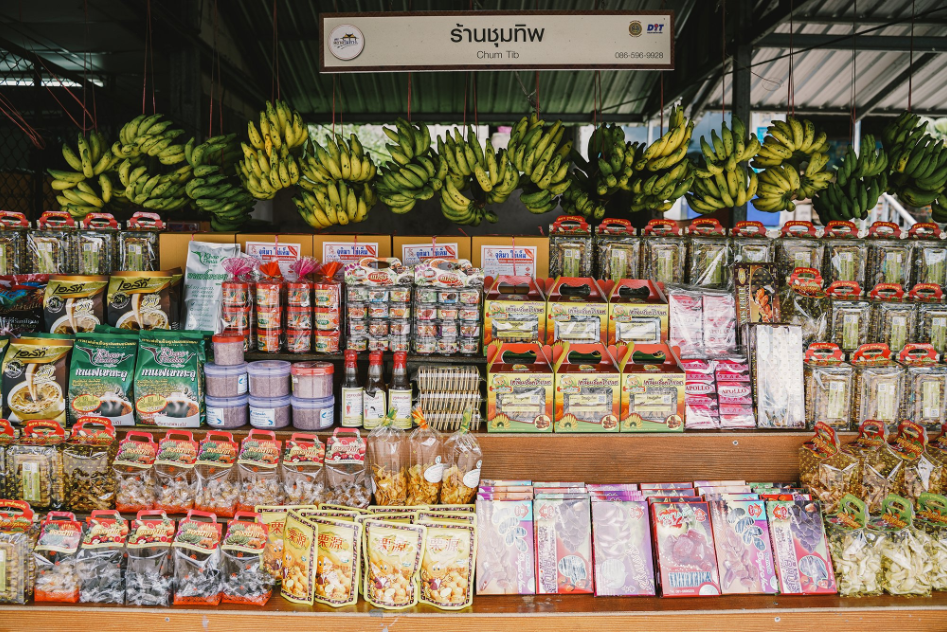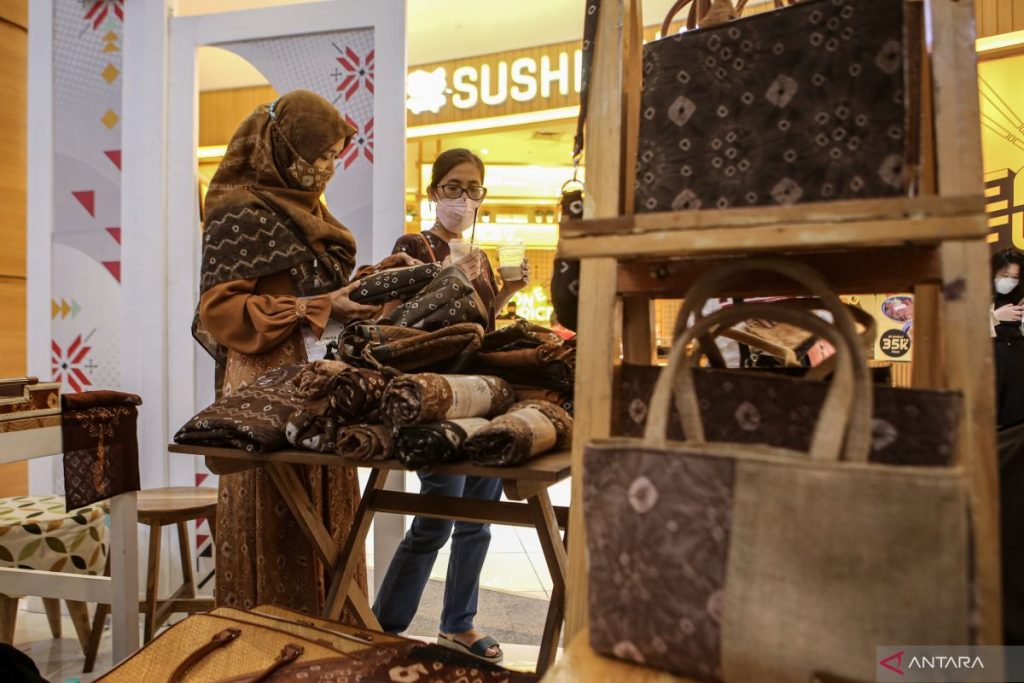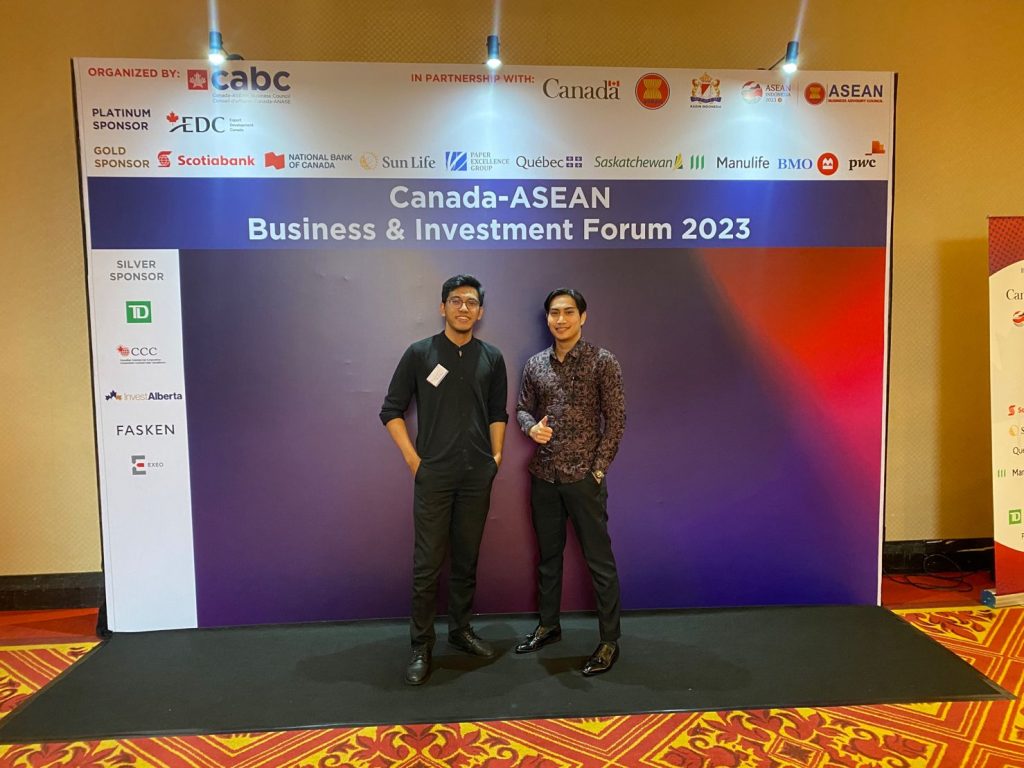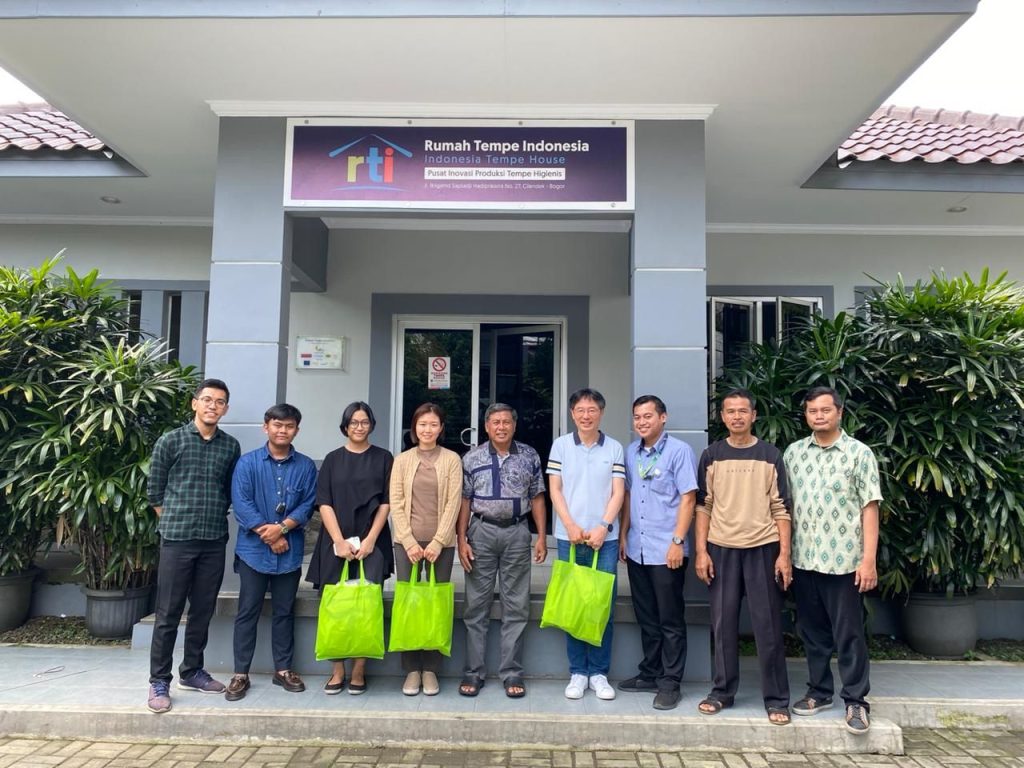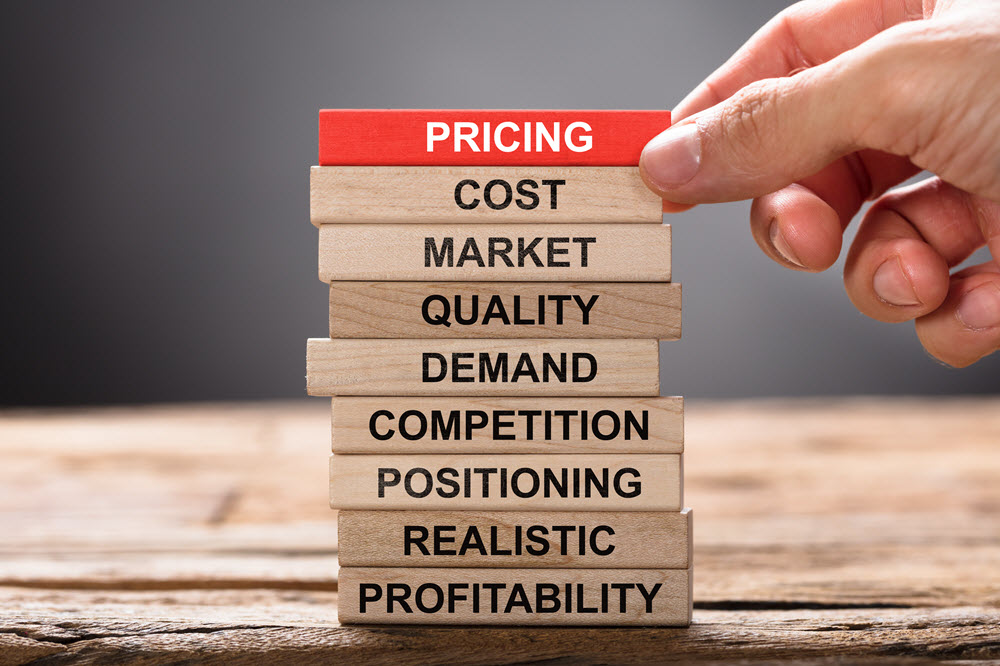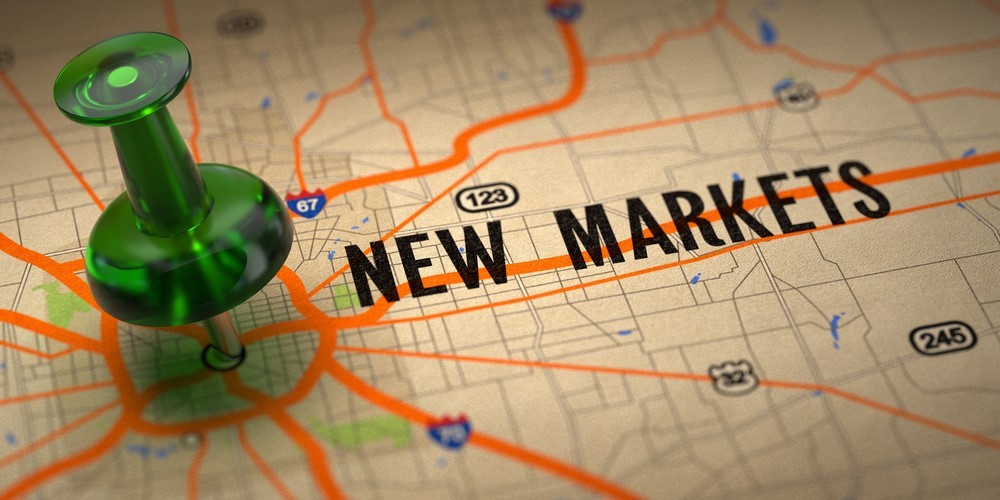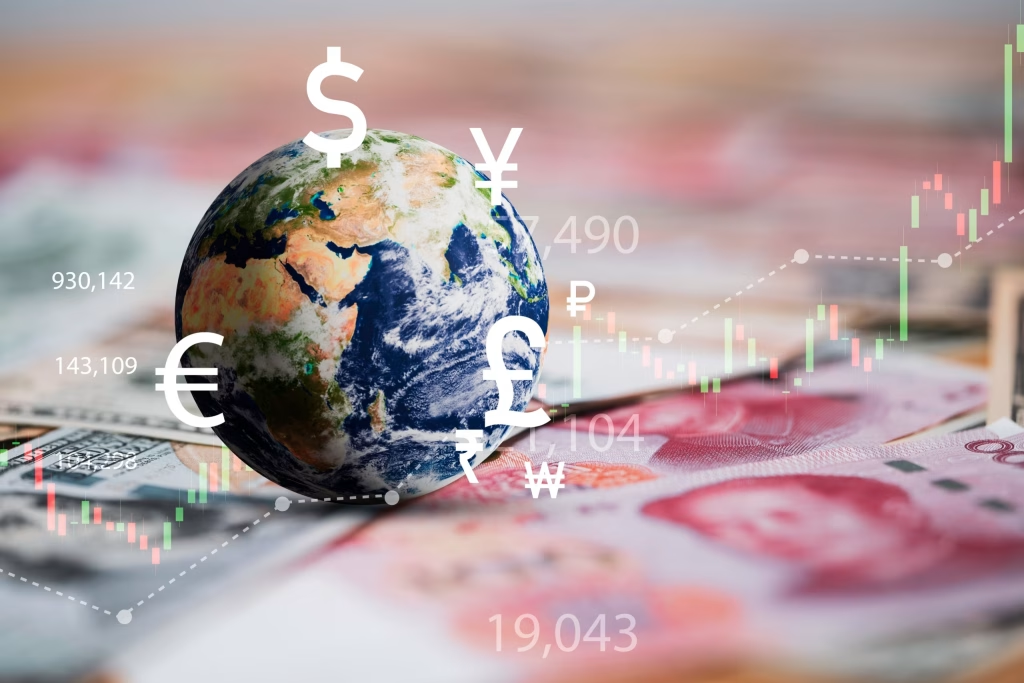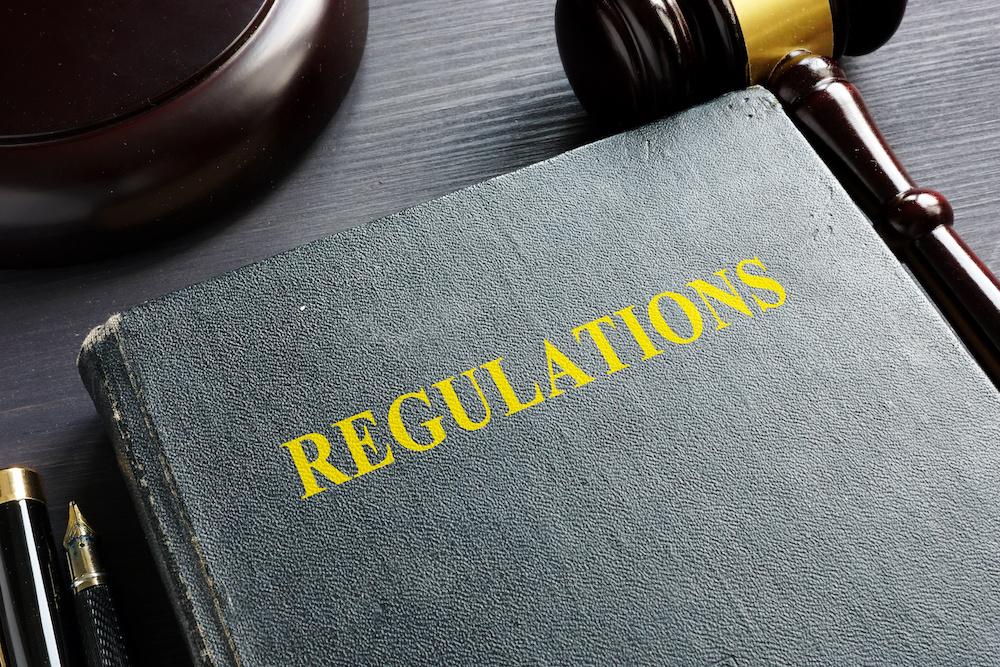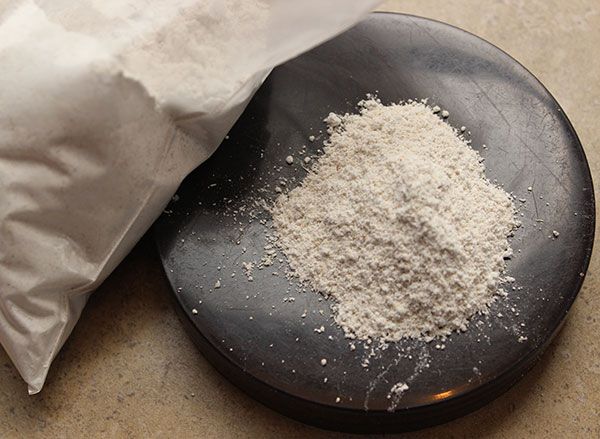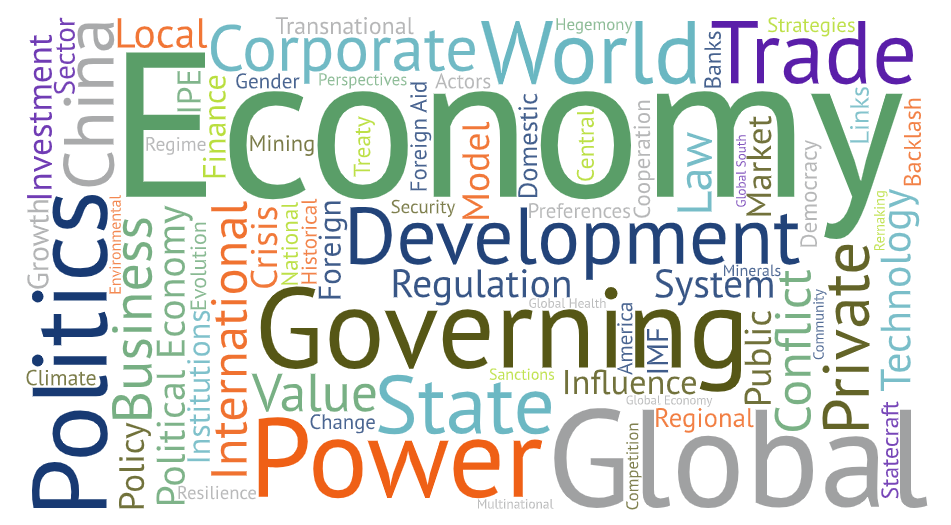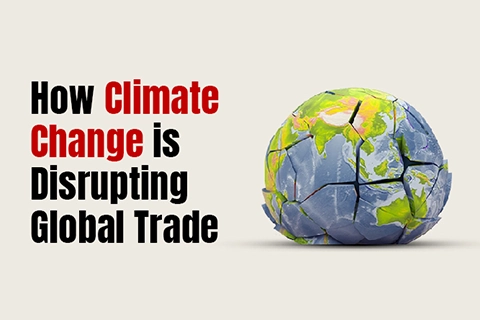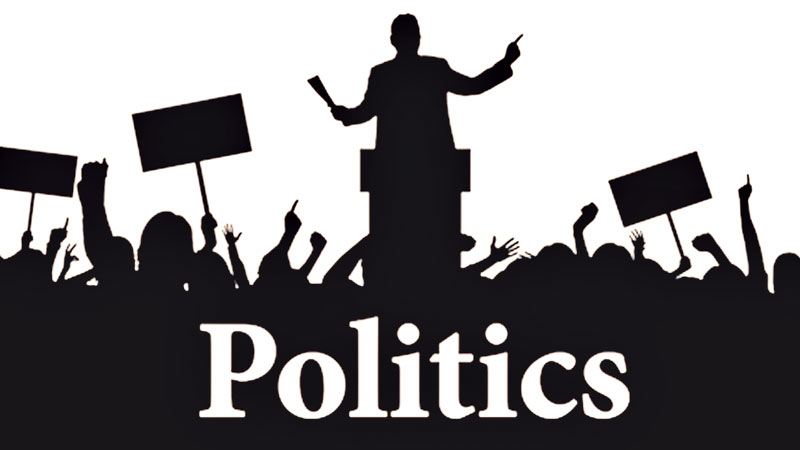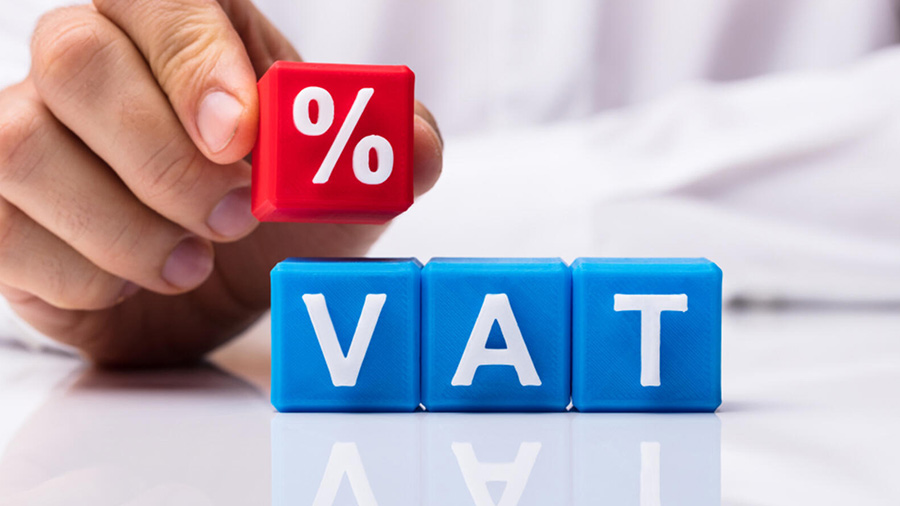
For local brands looking to grow internationally, success isn’t just about having a great product. It’s also about understanding the forces that shape the global trade environment.
The intersection of politics and economics—what we call the political economy of export—can either open doors or shut them overnight.
Here’s what local producers need to know to stay informed, agile, and competitive.
1. Trade Policies Can Make or Break Markets
Governments set the rules of the export game:
- Tariffs and duties can increase your product price abroad
- Subsidies might make foreign competitors cheaper
- Export bans or quotas can limit your supply
- Bilateral trade deals can give you special access—or shut you out
Your ability to export isn’t just business—it’s political.
2. Currency Fluctuations Affect Your Profit
When your country’s currency weakens, your product may become cheaper for foreign buyers. That’s great—until import costs rise, or buyers’ own currencies fluctuate too.
Smart exporters monitor:
- Exchange rates
- Inflation levels in key markets
- Central bank policy decisions
Why? Because pricing strategies must adapt, or profits will disappear.
3. Political Stability Builds Buyer Confidence
Foreign buyers don’t just look at your product—they look at your country’s:
- Government stability
- Legal system reliability
- Ease of doing business
A stable political climate helps reduce risk and encourages long-term deals. When there’s unrest or unclear policies, buyers may walk away.
4. Geopolitical Tensions Shift Trade Flows
Global events like trade wars, sanctions, or regional conflicts can force buyers to switch suppliers fast.
Example:
A local textile brand might suddenly get more orders when buyers stop sourcing from a sanctioned country.
Being aware of global politics helps you spot opportunities—or avoid disasters.
5. Lobbying and Associations Can Help Small Players
Political economy isn’t just something to react to—you can influence it too.
- Join export associations
- Participate in industry roundtables
- Collaborate with local chambers of commerce
- Stay connected with trade representatives and embassies
Collective voices get more attention—and sometimes even policy changes that benefit local producers.
Conclusion
Understanding the political economy of export isn’t just for diplomats and economists. It’s crucial knowledge for any brand hoping to go global.
By staying informed and strategic, local producers can protect their business, adapt to change, and seize new opportunities—no matter what’s happening in the world.

